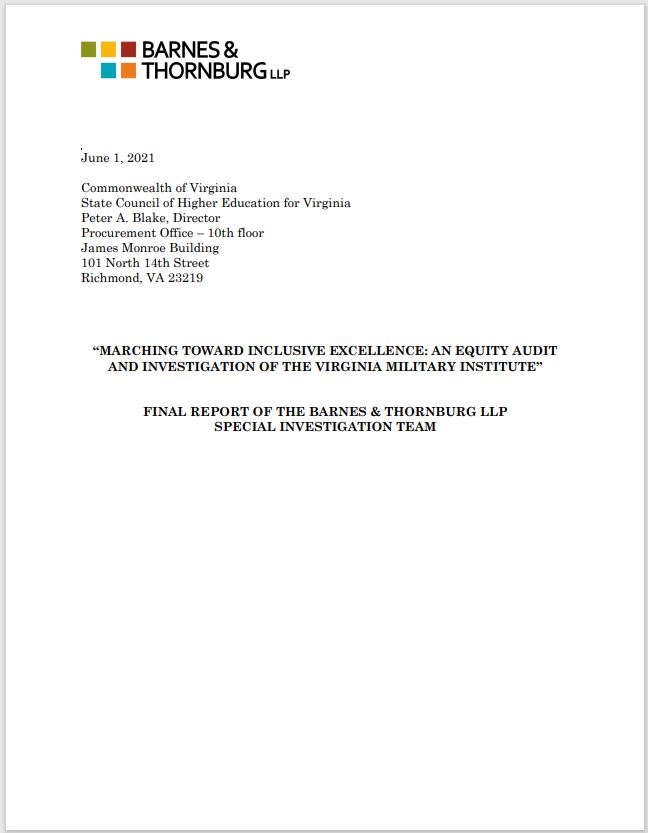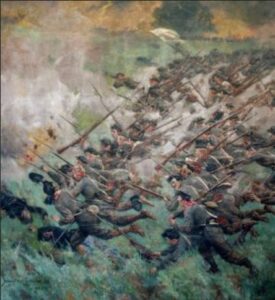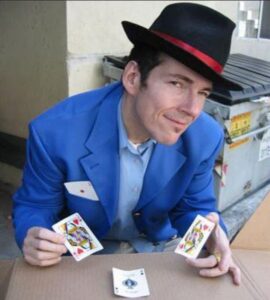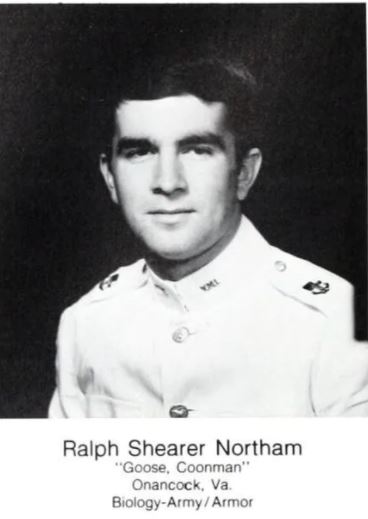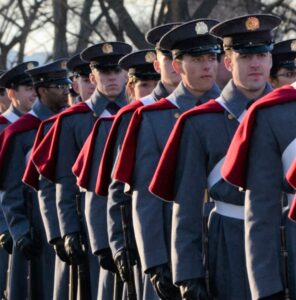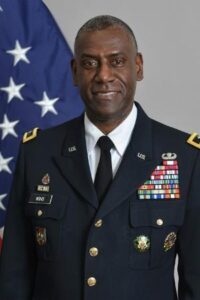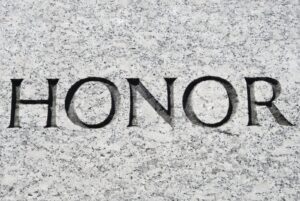Barnes & Thornburg (B&T), the law firm hand-picked by the Northam administration as an “independent” investigator, has delivered its final report on racism and sexism at the Virginia Military Institute. The report concluded that racial and gender disparities persist in how cadets are treated at the military academy.
VMI’s “culture” reinforces barriers to addressing those disparities, the report says, and as a state-funded institution, VMI must be held accountable to taxpayers and the General Assembly and prove that it is “implementing its diversity, equity, and inclusions (DE&I) proposals.”
Painting a picture based largely on an anonymous survey of cadets, faculty, staff and alumni, supplemented by in-person interviews, Barnes & Thornburg said that racial slurs and jokes are “not uncommon” on post, and that roughly half of the African-Americans cadets feel there is a “culture of racial intolerance” at VMI. Only a small percentage of Whites agreed, but B&T said White responses only point out that “where African Americans experienced racism … Caucasian cadets do not or choose not to see it.”
The VMI investigation highlighted statistical disparities in attitudes, enrollment, and Honor Code convictions, but the report offers almost no concrete instances of racism. It publishes numerous quotes alleging racism but makes no effort to to investigate those allegations. On the other hand, the report made several major concessions that undercut Governor Ralph Northam’s statement last year in ordering the investigation, based on Washington Post reporting, that racism at VMI was “systemic” and “appalling.” Continue reading

